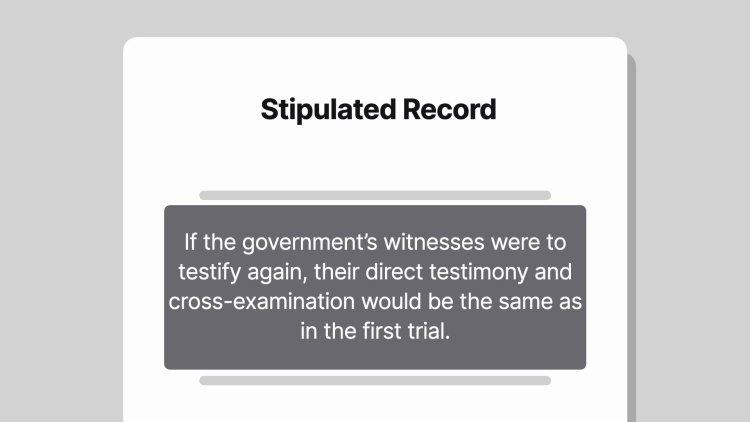Otherson v. Department of Justice, INS
United States Court of Appeals for the District of Columbia Circuit
711 F.2d 267 (1983)
- Written by Jamie Milne, JD
Facts
Jeffrey Otherson (plaintiff) was a border-patrol agent for the Immigration and Naturalization Service (INS) (defendant). The federal government filed felony charges against Otherson, accusing him of physically abusing undocumented persons. The jury deadlocked, and the judge granted a mistrial. In exchange for the government agreeing to bring only misdemeanor charges in a second trial, Otherson consented to a bench trial based on a stipulated record. The stipulated record included the testimony of six government witnesses from the first trial, with Otherson and the government both stipulating that if the witnesses were to testify again, their testimony would be the same. The trial judge convicted Otherson, fining him $1,000, placing him on probation, and ordering 750 hours of community service. The court of appeals affirmed, and the United States Supreme Court denied review. INS fired Otherson based on his misconduct. Otherson appealed to the Merit Systems Protection Board (MSPB), a quasi-judicial administrative body. Concluding that issue preclusion prevented Otherson from relitigating the issue of his misconduct, MSPB upheld his termination. Otherson petitioned for review of the MSPB order in federal court, arguing that MSPB erred in applying issue preclusion.
Rule of Law
Issue
Holding and Reasoning (McGowan, J.)
What to do next…
Here's why 907,000 law students have relied on our case briefs:
- Written by law professors and practitioners, not other law students. 47,100 briefs, keyed to 996 casebooks. Top-notch customer support.
- The right amount of information, includes the facts, issues, rule of law, holding and reasoning, and any concurrences and dissents.
- Access in your classes, works on your mobile and tablet. Massive library of related video lessons and high quality multiple-choice questions.
- Easy to use, uniform format for every case brief. Written in plain English, not in legalese. Our briefs summarize and simplify; they don’t just repeat the court’s language.






